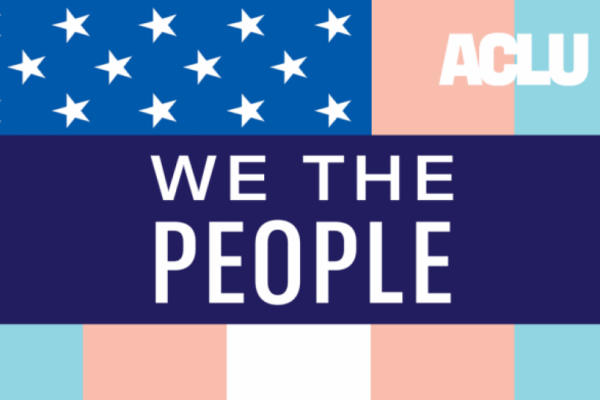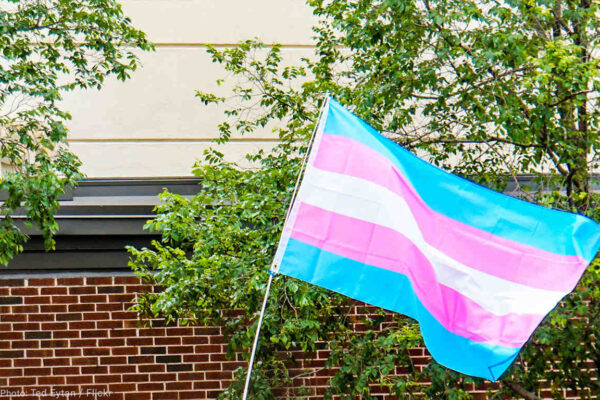When I was growing up in the 80s, I didn’t encounter any healthy depictions of women like me. Women who were trans were the stuff of either terror or mockery. Like that horrible person in Rocky Horror, we could be horrific, pornographic, or comic. This was the range of the trans experience as I had access to it.
I had never heard of Marsha P. Johnson or Sylvia Rivera. I had never read Julia Serrano or Janet Mock. My town didn’t have a bookstore, and neither the school library nor the public library contained anything that acknowledged the contributions of women like me. The Internet didn’t exist yet, so there was nobody to ask. For all I knew, I really was exactly as movies and TV depicted me.
I quickly came to understand that my community, friends and even my family would probably think I was just like all those bad caricatures on TV if they knew about me. As a child that was too much to bear. With no model of possibility to outweigh the trashy falsehoods heaped on me … I opted to stay in the closet. I couldn’t bear the idea of being a lonely, cast-off laughingstock. I was ashamed to be trans.
Indeed, it wasn’t until I was much older and living in a world where I was well-supplied with beautiful and brilliant transgender women to look up to that I even thought about peeking out of hiding. And I found that 30-odd years in the closet had done its share of damage. The emotional burden of carrying that secret for so long left me to fight decades of untreated depression and a long battle with alcohol abuse.
So – that brings us to today. It’s LGBTQ+ History Month in 2021, and a little girl who happens to be trans might reasonably expect to see a healthy representation of herself in one of many books she could pick up at the school library. There are TV shows, and films starring celebrities who are trans. Politicians, scientists, lawyers, activists, journalists and athletes.
Of course, not everyone is OK with that. There are still people who think that a little trans girl should only be able to see stories that depict her as shameful and disordered. They want books about her pulled from library shelves. Or placed in a back room so she’ll feel the stigma of having to ask a librarian to get her one of “those books.” They want trans girls to continue growing up in an environment of shame and secrecy.
When asked why – they say that this must be done for the "safety” of girls and boys who aren’t trans. See the message there? She learns that stories that depict her as normal and healthy are a threat that other children must be shielded from.
By extension, she learns that her existence is somehow a threat, and the cycle of shame continues.
It’s LGBTQ+ History Month and across the state of Indiana, people who know nothing of the history this girl is a part of are asking school librarians to erase it. If we learn anything from the past, it’s that this diminishes all of us. It limits our collective imagination’s ability to dream of a better world where all youth get the love and belonging that they deserve.
Trans youth deserve to have their story told, and to have their story heard.
But trans folk are nothing if not resilient. This community will never stop fighting to make sure our children have a chance to know and be proud of their history. We will not allow it to be erased.


